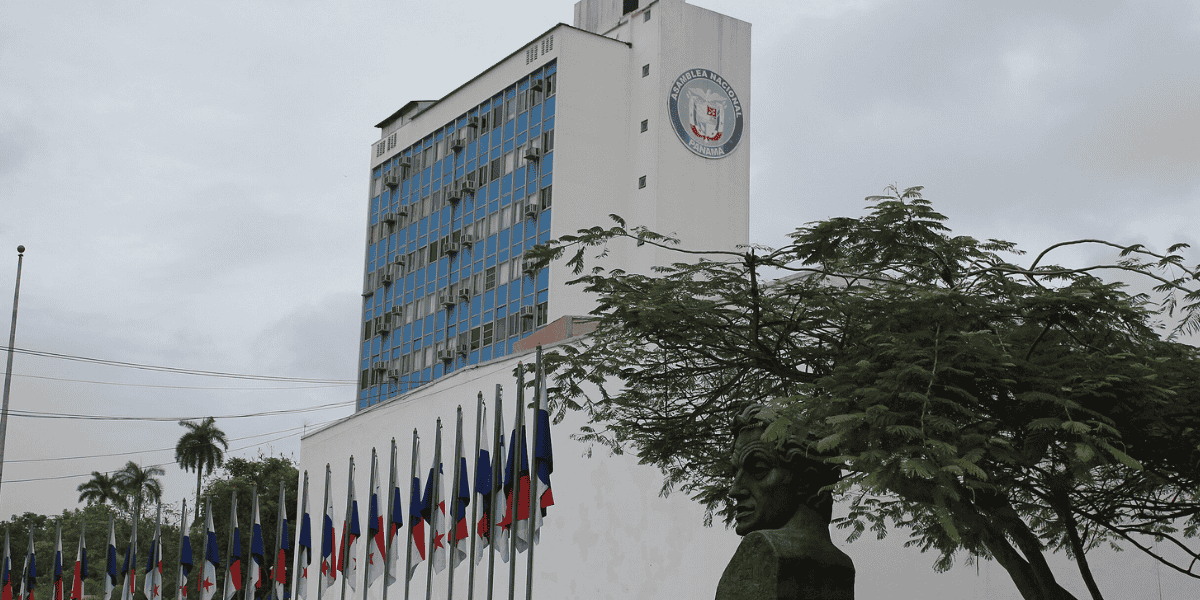On 18 February 2020 the European Union (EU) added Panama, Palau, the Seychelles and the Cayman Islands to its blacklist of non-cooperative jurisdictions for tax purposes. The decision was taken at the meeting of the EU economic and finance ministers (ECOFIN).
The other jurisdictions already included on the EU blacklist are Fiji, Oman, Samoa, Trinidad and Tobago, Vanuatu and the US territories of American Samoa, Guam, and the US Virgin Islands
The EU’s blacklist of non-cooperative jurisdictions aims to encourage jurisdictions to adopt the EU’s standards of tax transparency. In determining whether jurisdictions should be included in the blacklist the EU uses criteria such as the levels of EU foreign direct investment; disparity between the financial activity in the jurisdiction and the real economy; and the strength or weakness of the regulatory framework.
Jurisdictions identified by this process are then assessed in terms of the level of transparency including levels of information exchange; any preferential tax regimes available; and the existence of a zero rate of corporate income tax. The EU takes into account the jurisdiction’s compliance with the OECD’s minimum standards on base erosion and profit shifting (BEOS). The blacklist is reviewed by the EU at least once a year.
The blacklist may be taken into account by the EU in relation to foreign policy measures; economic relations; and development cooperation. The blacklist is also taken into account for certain EU funding arrangements. The EU member states may employ enhanced audit and monitoring processes for blacklisted jurisdictions and could take certain defensive measures to protect their tax base. These measures could include withholding taxes; the denial of tax deductions; inclusion within controlled foreign corporations (CFC) legislation; or strengthened requirements for disclosure and reporting.













